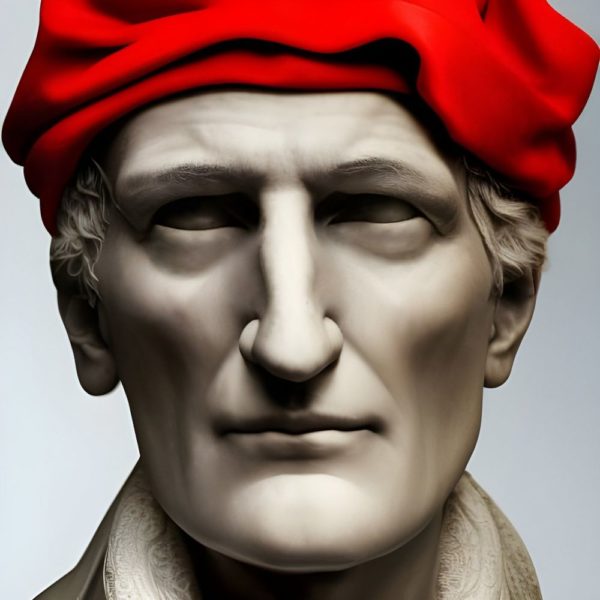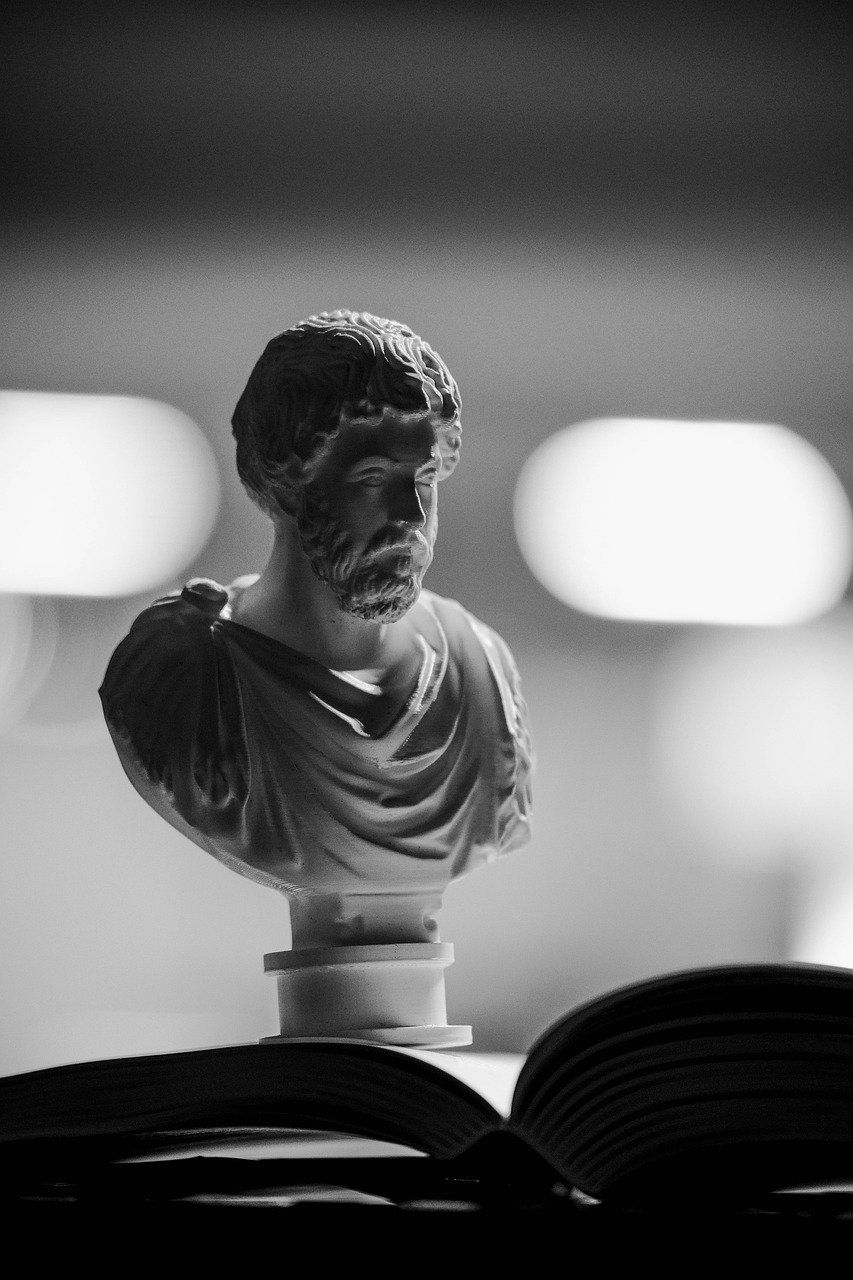Charles Dickens: A Literary Mastermind and Social Critic

Introduction:
Charles Dickens, born on February 7, 1812, was a renowned English writer and social critic of the 19th century. His works have left an indelible mark on literature, with characters and stories that continue to resonate with readers worldwide. This article delves into the life and works of Charles Dickens, shedding light on his contributions to both literature and society.
I. A Glimpse into the Life of Charles Dickens

Charles Dickens was born in Portsmouth, England, and grew up in London. His childhood experiences, filled with poverty and hardship, greatly influenced his writing. At a young age, Dickens was forced to work in a blacking factory due to his father’s imprisonment for debt. These formative years instilled a deep empathy for the marginalized and shaped his commitment to exposing societal injustices.
With an insatiable love for storytelling, Dickens began his writing career as a journalist, publishing his first sketches under the pseudonym “Boz.” Gradually, he transitioned into fiction writing, captivating readers with his vivid descriptions, memorable characters, and intricate plots. His novels often featured social commentary, shining a critical light on issues such as child labor, poverty, and class inequality.
II. Historical Development of Charles Dickens’ Work
1. Early Novels
Dickens’ early works, such as “The Pickwick Papers” and “Oliver Twist,” established his reputation as a master storyteller. These novels were serialized, enabling wider accessibility and captivating readers with his engaging narrative style. Dickens’ characters came to life through his vivid descriptions, ranging from the lovable orphan Oliver Twist to the despicable Fagin and his gang of child pickpockets.
2. Mature Period
As Dickens matured both as a writer and an individual, his works evolved thematically and stylistically. In novels like “David Copperfield” and “Bleak House,” he delved deeper into complex social issues, exposing the flaws of a rigid Victorian society. Dickens ingeniously employed satire and humor to criticize societal norms and shed light on the sufferings of the working class.
3. Later Works and Legacy
During his later years, Dickens continued to produce significant literary works like “Great Expectations” and “A Tale of Two Cities.” These novels showcased his mastery of storytelling and his ability to capture the intricacies of human emotions. A recurring theme in his works was redemption, emphasizing the potential for personal growth and transformation, even in the face of overwhelming challenges.
Dickens’ writing has had a lasting impact on the literary world, influencing generations of authors and providing literary enthusiasts with a valuable glimpse into Victorian society. His ability to merge social criticism with compelling narratives earned him an esteemed place among the greatest novelists in history.
III. Charles Dickens’ Legacy and Popularity Today
1. Literary and Cultural Impact
Dickens’ works have transcended time, remaining embedded in the cultural fabric of modern society. His characters, such as Ebenezer Scrooge from “A Christmas Carol,” continue to inspire adaptations in theater, film, and television, reaffirming his enduring popularity.
2. Social Relevance
Although initially criticized by some for his exaggerated portrayals, Dickens was instrumental in bringing attention to the plights of the impoverished and marginalized. His novels sparked public discourse and contributed to social reforms, ultimately influencing the development of legislation to protect the most vulnerable members of society.
3. Literary Appreciation and Collectibility
Dickens’ works have become highly collectible, with first editions and rare copies commanding significant value among literary enthusiasts and collectors. The vibrancy of his narratives and the enduring relevance of his social critiques have contributed to the ever-growing demand for his writings.
Conclusion:
Charles Dickens’ literary genius and profound social awareness continue to captivate readers and inspire new generations of writers. His ability to weave intricate stories while shedding light on societal injustices has left an indelible mark on both literature and society. As we delve into the worlds he painstakingly created, we are reminded of the power of storytelling to ignite change, challenge the status quo, and foster empathy within the minds and hearts of readers worldwide.
[Word Count: 861]
FAQ
What was Charles Dickens impact on society?
What were the key influences on Charles Dickens writing?
Which novels are considered Charles Dickens greatest works?
Flere Nyheder
Erhvervsfotografering i Aalborg: For virksomheder
Introduction: Charles Dickens, born on February 7, 1812, was a renowned English writer and social critic of the 19th century. His works have left an indelible mark on literature, with characters and stories that continue to resonate with readers worl...
28 november 2025
Udstil din kunst: En guide til kunstnere
Introduction: Charles Dickens, born on February 7, 1812, was a renowned English writer and social critic of the 19th century. His works have left an indelible mark on literature, with characters and stories that continue to resonate with readers worl...
02 april 2025
Harmoni og inspiration med stjernetegn plakater
Introduction: Charles Dickens, born on February 7, 1812, was a renowned English writer and social critic of the 19th century. His works have left an indelible mark on literature, with characters and stories that continue to resonate with readers worl...
07 juni 2024
Vælg de perfekte billedrammer til dit hjem
Introduction: Charles Dickens, born on February 7, 1812, was a renowned English writer and social critic of the 19th century. His works have left an indelible mark on literature, with characters and stories that continue to resonate with readers worl...
04 marts 2024











